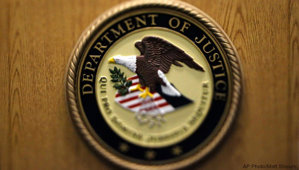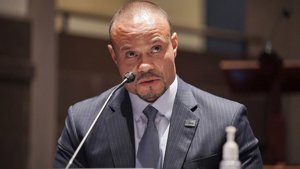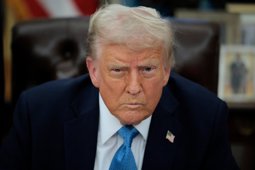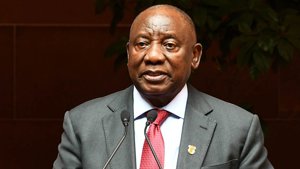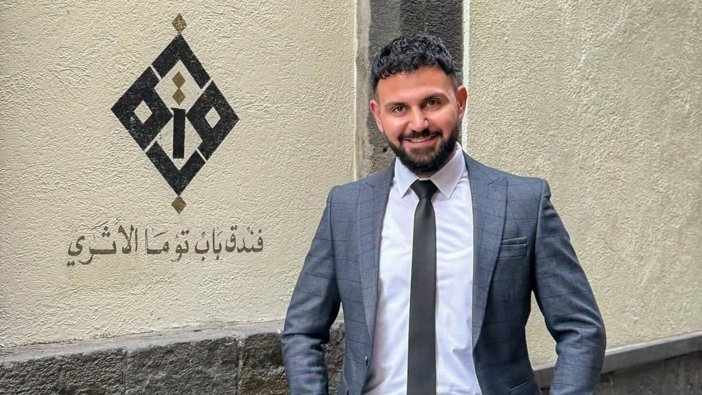
Druze-American from Oklahoma Executed in Syrian Sectarian Attack
Druze-American Hosam Saraya from Oklahoma was executed by jihadis in Syria, fueling calls for protection of religious minorities.
U.S. Lawmakers Condemn Killing of Oklahoma Druze-American
Hosam Saraya, a 35-year-old Syrian American and member of the Druze community from Oklahoma, was brutally executed last week in Syria by Syrian-backed jihadi forces. The execution took place amid ongoing violence targeting the Druze and other minority groups in the Sweida region. The U.S. State Department confirmed Saraya's death, offering condolences to his family and pledging consular support. “Time and time again, Secretary Rubio has emphasized the importance of prioritizing the safety and security of U.S. citizens. We can confirm the death of a U.S. citizen in the Sweida region of Syria last week. We offer condolences to the family on their loss and are providing consular assistance to them,” a State Department spokesperson said.
Senators James Lankford and Markwayne Mullin of Oklahoma expressed deep sorrow and outrage over the killing, highlighting Saraya’s role as both an American and a member of the persecuted Druze minority. “Hosam was an Oklahoman and member of the Druze community who was tragically executed alongside other members of his family in Syria,” Lankford wrote. Mullin added, “I’m working with partners in the region to learn more, and we’re in touch with @GovStitt on this devastating situation. Our prayers are with the family at this time.”
Sectarian Violence and International Response
The violence occurred as government-backed forces intensified assaults on Druze populations, with President Ahmed Al-Sharaa reportedly praising jihadi-influenced Bedouin tribes for “heroic actions” against Druze residents. Al-Sharaa, known by his alias “Abu Mohammed al-Golani,” had been listed on the FBI’s Most Wanted List for terrorism-related activities and faces ongoing criticism for failing to protect ethnic and religious minorities in Syria, including Christians, Druze, and Kurds.
Last week, Israel launched targeted military strikes to prevent further massacres of the Druze in Sweida and attacked Syrian Defense headquarters in Damascus to halt the bloodshed. An Israel Defense Force spokesman noted that the military learned crucial lessons from the 2023 Hamas invasion and now prioritizes both border security and the protection of Syrian Druze. The majority of the world’s Druze community resides in Syria, with significant populations also in Israel and Lebanon.
Arizona Congressman Abe Hamadeh, himself of Druze descent, condemned the violence and called for urgent reforms. “The barbaric violence against the Druze community in Syria must end immediately. Under the bold leadership of President Donald J. Trump, Secretary Rubio, and Ambassador Barrack, the United States took bold steps to ease sanctions and extend goodwill to the Syrian government and its people in the hope of seeing real reforms,” Hamadeh stated. He stressed that Syria’s government must restore order, protect all citizens, and pursue genuine peace to maintain legitimacy. Hamadeh added, “Justice and accountability must be served. We are praying for the victims and for peace.”
Observers note that Al-Sharaa’s regime, since toppling Bashar al-Assad in December, has overseen repeated massacres of minority populations. Critics accuse him of failing to restrain extremist factions seeking to impose a harsh, sectarian rule. In March, following the execution of Syrian Christians by Al-Sharaa’s forces, religious leaders warned that the government is unprepared to ensure the safety of vulnerable minorities.
Clashes between Sunni Bedouin tribes, Druze fighters, government forces, and Israel have claimed over 1,000 lives, according to the Syrian Observatory for Human Rights. In response to the crisis, the U.S. helped broker a fragile ceasefire and threatened to keep Syria on the state sponsors of terrorism list if the agreement is violated. The death of Hosam Saraya, along with rising casualties and continued violence, has prompted renewed calls for international engagement and sustained efforts to safeguard Syria’s diverse communities.

